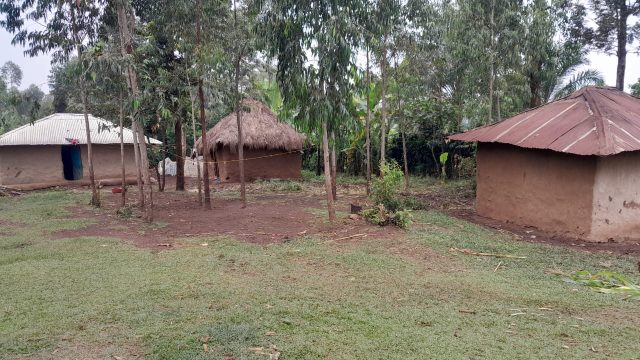
Measuring poverty and livelihoods with The Nasio Trust: A baseline village study in Kakamega County, Kenya.
20th March 2025
Aware of increasing rates of poverty and growing demands on its services, The Nasio Trust which operates in western Kenya, commissioned EfD to conduct an in depth, quantitative household economy survey and training for its staff. The IHM study described in this report throws a clear light on the levels of poverty in Mumias West sub county, and the reasons for this. EfD trained a group of 10 local staff to collect the data analysed in this report, demonstrating the cost effectiveness of local training and the value of decentralising information gathering skills.
Quantitative IHM analysis confirmed high rates of poverty. Around 16% of households had insufficient income to meet their basic food energy requirements and the incomes of a further 5%, whilst meeting basic food energy needs, were below the locally defined ‘standard of living‘ threshold and were therefore unable to purchase a full basket of essential non-food essential such as soap, clothes and primary school costs. Around 25% of households are headed by women, including elderly grandmothers.
Most land holdings are very small (0.5 acre or less) and crop yields are low. This means that households are highly dependent on the market to purchase staple foods. Only 1 household in the survey was able to meet its food energy needs from its own production and very few households were able to raise cash by selling crops on the market.
These findings are helping Nasio target its interventions to raise household incomes in the most effective way. Moreover, the interview skills staff learnt during the IHM training have been transferred across the whole range of Nasio’s work providing new insights to the entire programme team.
Read the full report here: https://efd.org/reports/measuring-poverty-and-livelihoods-with-the-nasio-trust-a-baseline-village-study-in-kakamega-county-kenya/
Comments
No comments yet.
The comments are closed.